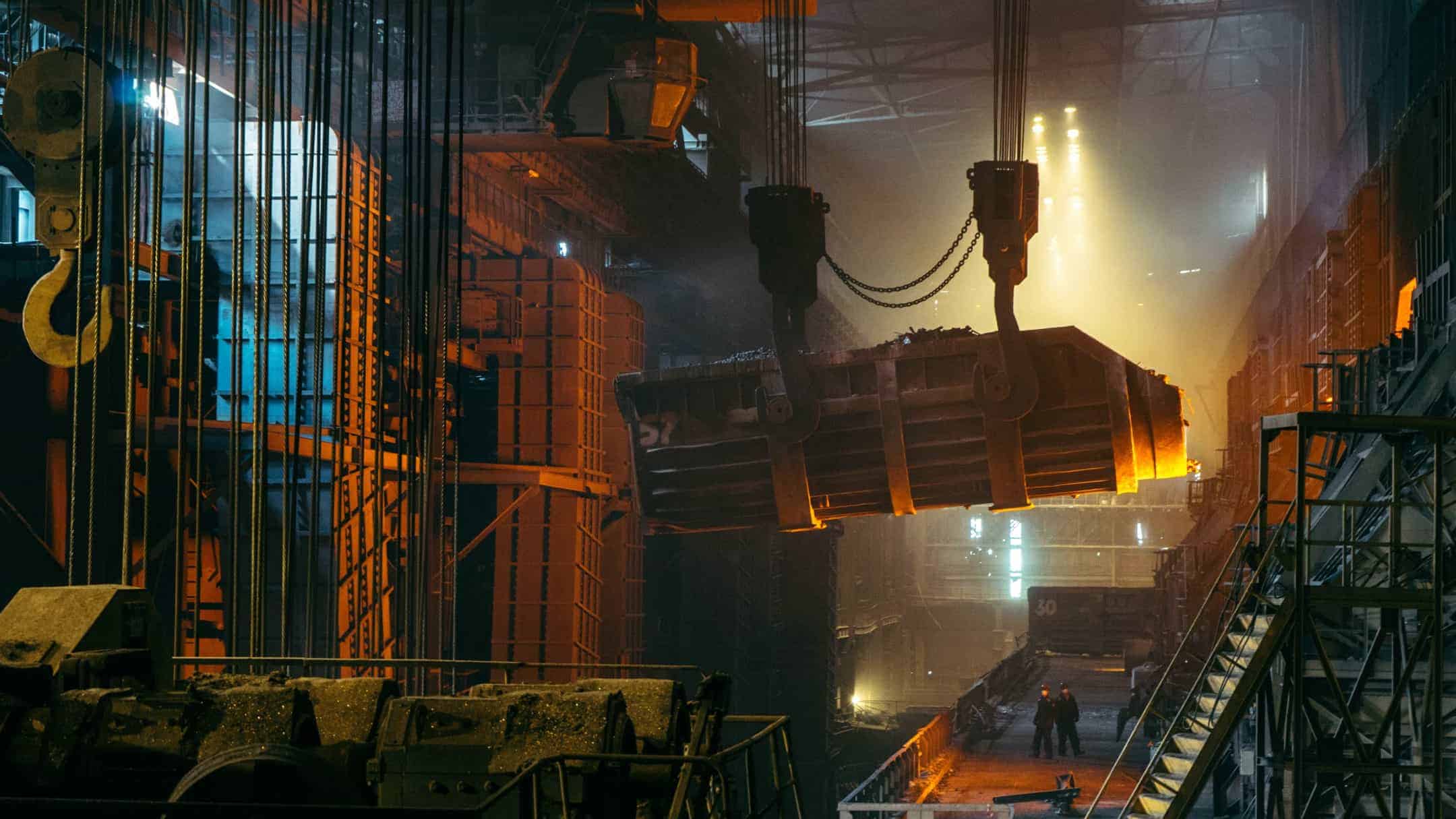Not all building warranties are the same. Choosing the right one can make a significant difference to the success and security of your project. Whether you’re building from scratch, converting an existing structure or developing a commercial space, the type of warranty you need will vary. Lender requirements, buyer expectations and project risk also play a role in determining the right policy. Find out the different types of building warranties available and how to choose the one that fits your development.
What is a Building Warranty?
A building warranty is an insurance policy that protects against structural defects that may arise after a construction project is completed. These warranties typically cover a period of 10 to 12 years and are designed to provide peace of mind to buyers, developers and lenders. Most mortgage providers now require a valid building warranty before they will approve finance for newly built homes or major renovations.
Types of Building Warranties
Different warranties are designed for different types of projects. Choosing the wrong one can lead to coverage gaps, lender rejections or delays during sales.
New Build Warranty
A new build warranty applies to properties that are built entirely from the ground up. It offers protection for structural elements such as foundations and load-bearing walls. New build warranties are a standard expectation among buyers and lenders and are essential for developers looking to sell properties shortly after completion.
Conversion or Renovation Warranty
A conversion or renovation warranty covers projects that significantly alter or repurpose an existing structure. Common examples include transforming a former warehouse into flats or dividing a large home into multiple dwellings. These warranties focus on the newly constructed elements of the building, but some may include cover for consequential damage to the original structure under specific terms.
Self-Build Warranty
A self-build warranty is designed for individuals building their own homes. Unlike new build warranties for developers, self-build cover typically begins during the construction process and continues post-completion. It ensures that the homeowner is protected throughout the build and long after moving in, helping safeguard against unexpected structural issues.
Commercial Warranty
Commercial warranties are tailored for buildings intended for business use such as office blocks or retail units. These warranties are often more complex due to the involvement of multiple stakeholders and the higher value of assets. A commercial warranty helps meet investor and lender requirements and can add resale value by providing long-term protection.
Key Providers and Options
There are several well-regarded providers operating in the UK building warranty market, each offering distinct advantages depending on project type.
Buildsafe acts as a specialist broker, offering tailored quotes from multiple insurers. We provide flexible cover for developers, self-builders and property professionals undertaking conversions. Our approach simplifies the process and helps secure competitive premiums across a range of project types.
NHBC remains the largest and most recognised provider in the UK. Their warranties are widely accepted by mortgage lenders and are often the default choice for volume housebuilders.
LABC Warranty partners with local authority building control, offering a practical solution for residential developers seeking consistent support through both the design and build phases.
Premier Guarantee is known for strong technical support and robust cover options, particularly suited to larger developments and regeneration projects.
Checkmate offers policies that appeal to smaller developers and those with bespoke requirements, while providers such as Advantage cater to niche and self-build projects with more specific underwriting criteria.
How to Decide Which Warranty You Need
Start by confirming the type of project you’re undertaking. A new build warranty is essential for any home constructed from scratch, while conversions and renovations typically require a tailored policy that reflects the blend of old and new work. Self-builders need a policy that spans both the construction period and long-term post-completion protection. For commercial builds, a bespoke warranty may be required to satisfy investors and lenders.
It’s important to check with any lender involved to ensure the warranty provider you choose is accepted under their lending criteria. Not all warranties are treated equally. Some may not meet the minimum standards for approval.
Beyond lender compliance, consider the length and depth of cover. A cheaper policy may exclude key risk areas or come with higher excesses and limited support during a claim. Look into the provider’s track record for handling claims and their financial stability. A reputable provider with a strong backing ensures the policy will remain valid even if the original developer ceases trading.
Costs to Expect
Building warranty costs are typically calculated as a percentage of the total build cost, usually between 1 and 3 percent. The precise rate will depend on the value, location and complexity of the project. Higher-risk projects or those with non-standard construction methods may attract higher premiums.
In London and other high-value areas, costs can also be affected by local property values and demand. However, working with a broker like Buildsafe can help reduce costs. We compare multiple policies on your behalf to ensure you receive the most appropriate level of cover at a competitive rate.
Delaying your warranty purchase can also increase the premium. Warranties taken out post-completion are often more expensive due to the lack of construction monitoring and the greater risk to insurers. Wherever possible, arrange cover early in the process.
Choosing the Right Warranty for Your Project
Your choice of warranty will depend on a combination of factors, including the type of construction, the involvement of lenders and your plans for selling or retaining the property. Developers should prioritise warranties that meet buyer and mortgage lender expectations, while self-builders will benefit from comprehensive cover that follows the project from groundworks to final sign-off.
Regardless of the route you take, comparing policies is key. Not all warranties are created equal and even subtle differences in coverage limits, exclusions or claims procedures can have a major impact if a defect arises years down the line.
Protect Your Project with the Right Warranty
Choosing the right building warranty starts with understanding your project and ends with selecting a provider that aligns with your goals. Whether you’re building a new home or developing a commercial site, the right cover gives you security, supports finance applications and increases buyer confidence.
Speak to Buildsafe to compare building warranty options and secure protection that matches your project needs and lender expectations.






